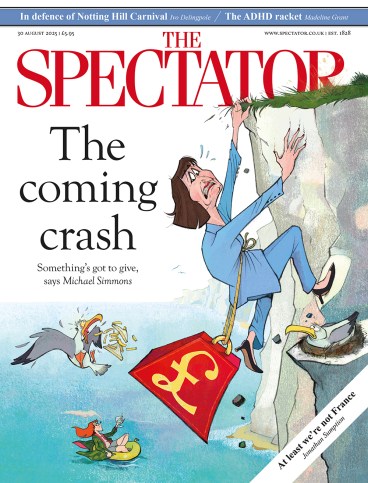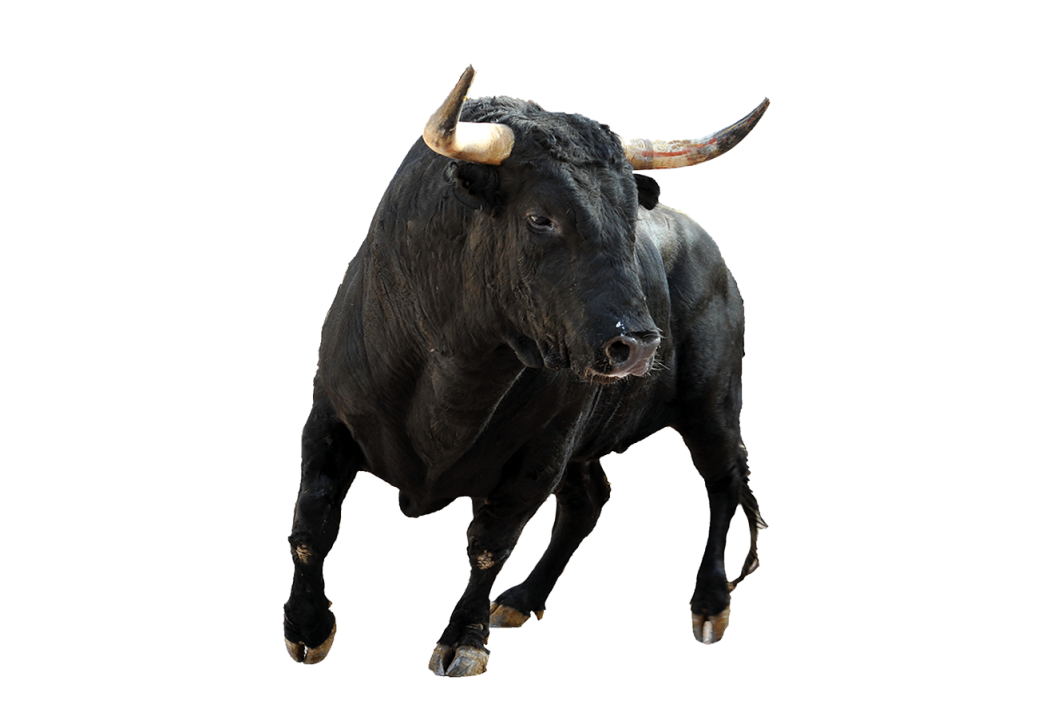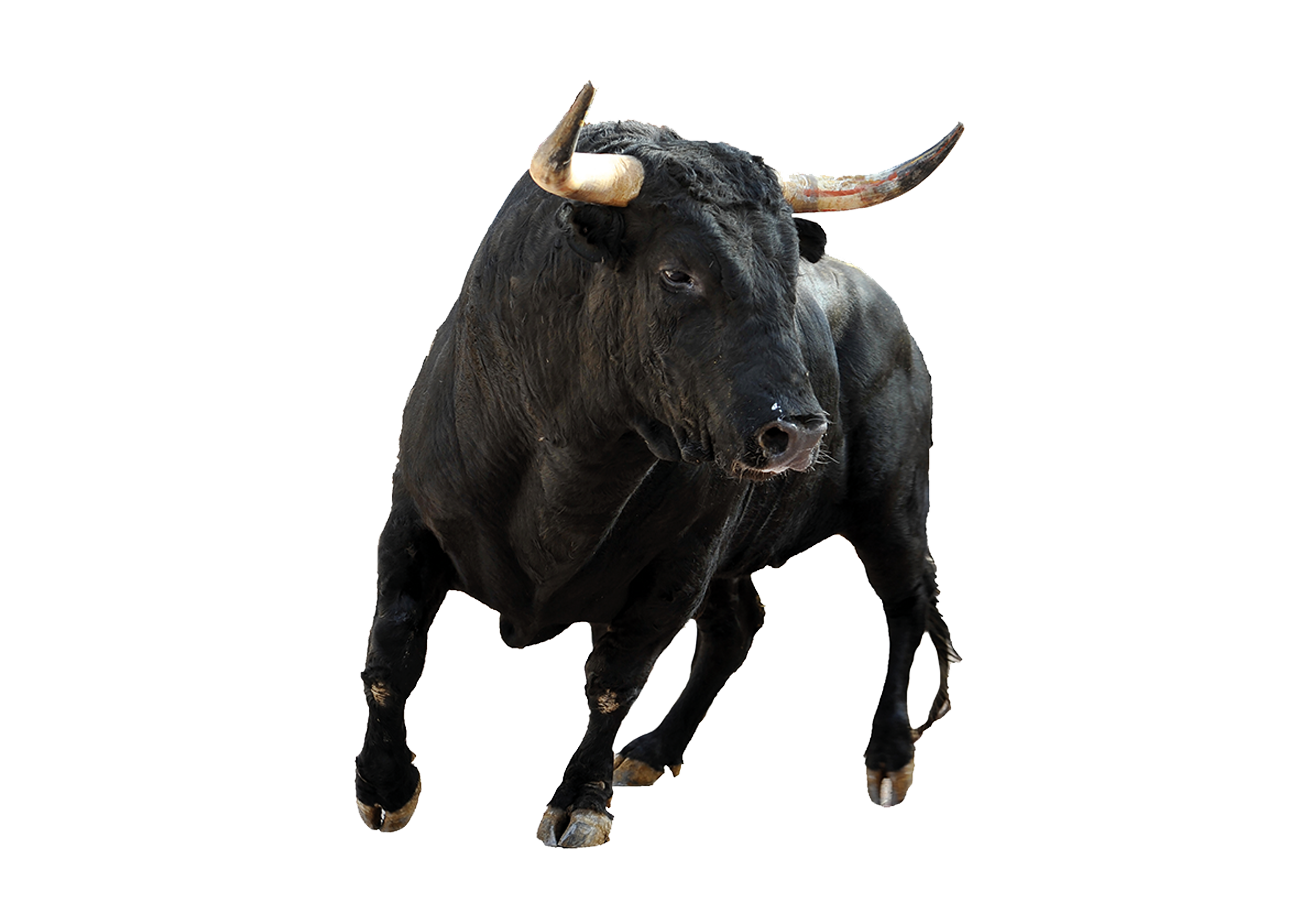
‘That’s a boy cow,’ said a woman in the train to a little girl, adding in an aside to an adult companion: ‘I didn’t use the other word because it’s too much like…’
The other word must have been bullock and the word it too much resembled was bollock. Bollock used to be spelt ballock. In Portrait of the Artist as a Young Man, James Joyce introduces the question of whether ballocks is the only example of the dual number in English. In Irish English it is certainly used in the plural form with singular concord.
Ballocks was in standard use up to the 17th century, after which it was seen as coarse slang. In 1885, the Oxford English Dictionary remarked that the word was ‘obsolete in polite use’. Now bullock may be going the same way.
When Henry Fowler published Modern English Usage in 1926, he gave a list of genteelisms: ‘The rejecting of the ordinary natural word that first suggests itself to the mind, and the substitution of a synonym that is thought to be less soiled by the lips of the common herd.’
I mentioned here five years ago that Fowler thought ‘the ordinary natural word’ for stomach was belly. My husband complained recently that doctors don’t say stomach, but tummy. They avoid technical language with patients so resolutely that they fall into baby talk, so that urine is pee, excrement is poo.
Anyway, Fowler doesn’t mention boy cow as a genteelism, but he does include lady dog. I suppose that genteelism emerged in order to avoid bitch, which has been sullied by offensive application to people like me. When the Prodigy’s Smack My Bitch Up was released in 1997, the BBC played an instrumental version and did not mention the title. I don’t think Smack My Lady Dog Up would have helped. As for boy cow, the problem is the lack of a common word for the species that has male bulls and female cows. Ox is the answer, but that tends to mean a castrated male. Bullock in modern times always means a castrated male, but those are usually the ones we see from the train.








Comments